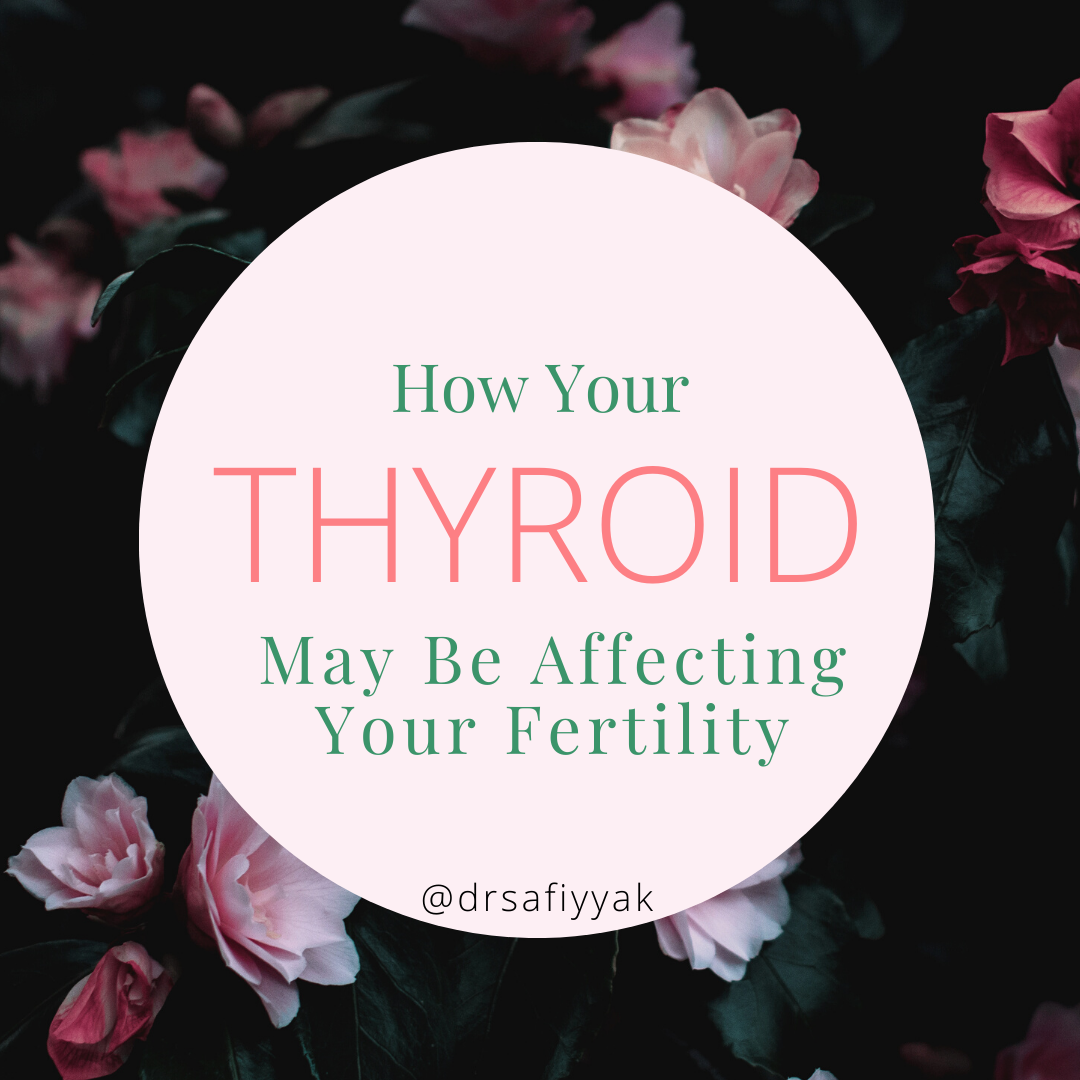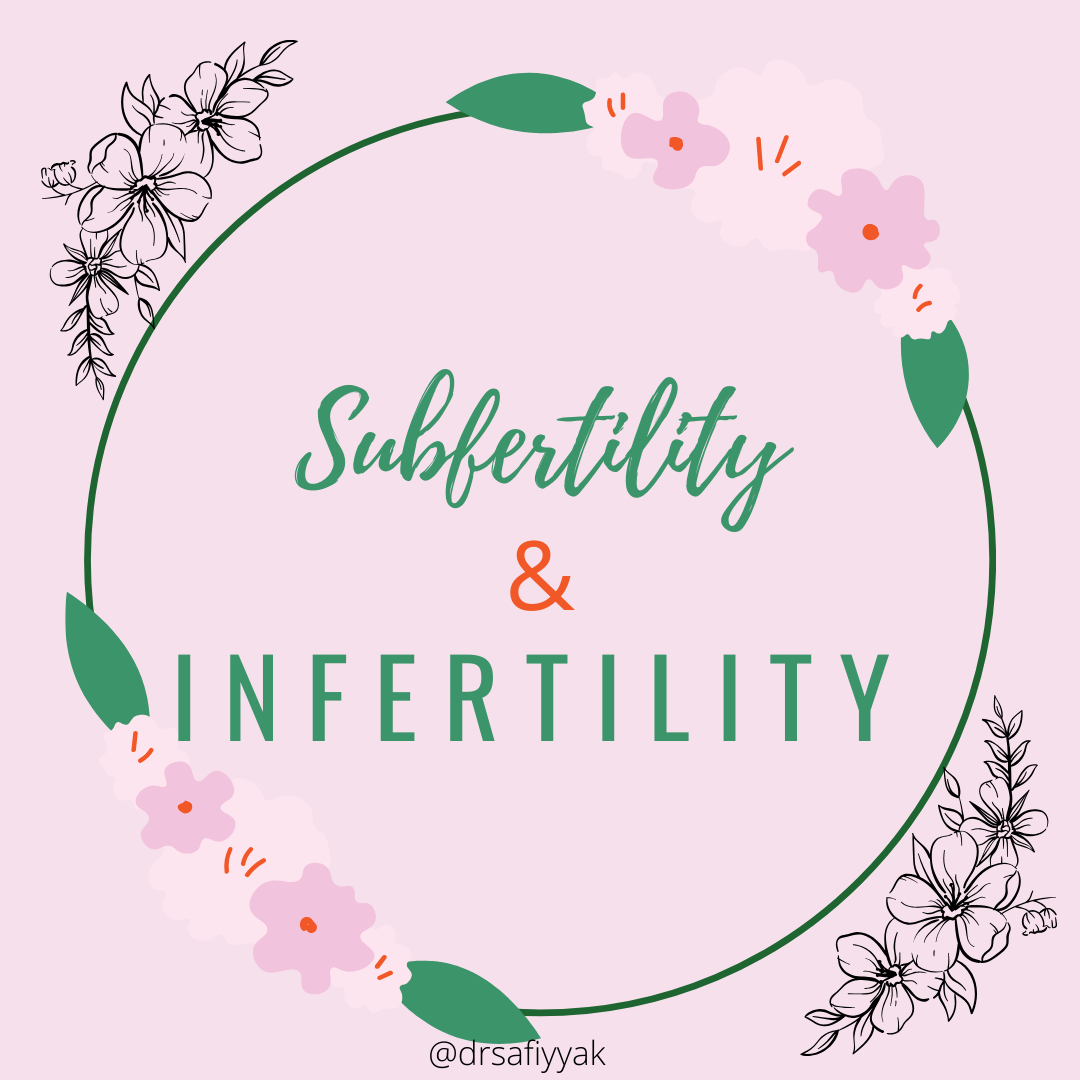
“I am learning to trust the journey even when I do not understand it.”
Fertility Health | Pregnancy | Postpartum
Learn more about how to increase your chances of
getting pregnant with naturopathic medicine.

How Do I Know When I’m Ovulating?
Ladies it’s time to get in touch with your bodies!
Whether you’re trying to get pregnant, thinking about it or just a regular gal working her way to the top - you should always track your cycle!
An app is a fine way to track but using the following methods increase the accuracy since they just use a estimated calculation based on your last period.

Endocrine Disrupting Chemicals and Fertility
EDCs interfere with our body’s normal functioning by mimicking hormones in our body and/or blocking the normal function of our hormones. This often has an effect on all systems in our body, but especially our fertility and reproductive health.
Found in everyday products, they can affect ovulation and implantation significantly!

Foods to Avoid if you have Endometriosis
Red meat, coffee, alcohol, dairy, saturated and trans fats, gluten, sugar, soy

How Your Thyroid Could Be Affecting Your Fertility
Thyroid disorders are the second most common hormonal disorder affecting women of reproductive age!
You can have hyperthyroidism or hypothyroidism, with the latter being much more common.
Research has shown a higher rate of miscarriage and reduced fertility in women with underactive thyroid (hypothyroidism) where all thyroid function values are abnormal.

What’s the difference between Subfertility and Infertility?
Did you know that 1 in 8 couples are affected by infertility?
Infertility is defined as failure to conceive after 12 months of regular unprotected sexual intercourse under 35 years old, or after six months if over 35 years old.
Subfertility is less commonly discussed but affects almost 1 in 4 couples!
Subfertility is a period of reduced ability to get pregnant. It usually includes women under age 30 who aren't able to get pregnant after six cycles of unprotected sex.
